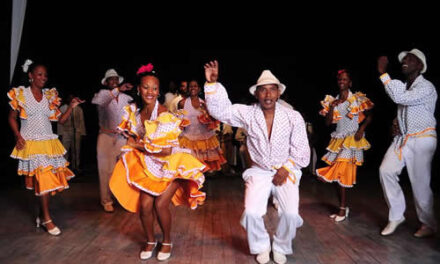 The small town of Belmont is located a little over ten miles west of Charlotte. There, fine concerts are held periodically in the attractive, the 128-year-old basilica at Belmont Abbey College.
The small town of Belmont is located a little over ten miles west of Charlotte. There, fine concerts are held periodically in the attractive, the 128-year-old basilica at Belmont Abbey College.
This concert was performed by the excellent piano soloist Solomon Eichner. Eichner has performed around the U.S. and in Europe, and teaches at Campbell University.* This program was given for a reduced-sized audience due to the covid pandemic, and was streamed live as well.
Eichner titled the program “Rachmaninoff Sandwich” due to the recurring presence of that composer – one of his favorites, he said – among other music.
The program consisted of a dozen short pieces. Besides Rachmaninoff, listeners were treated to works by Gershwin, Debussy, Nikolai Kapustin, and arrangements of Bach and Tchaikovsky.
Eichner has technique to spare, and the listener savored the brilliant passages in the program. Even with that, where he particularly excelled was in lyrical playing. The Rachmaninoff Prelude in D, Op. 23, No. 4 was memorable in its lush lines spun out at rich, beautiful length. This was especially so in the elaborate return. The ending was most reflective. Rachmaninoff’s darker, even somber “Vocalise” also had beautifully-carried long lines.
George Gershwin’s “Love Walked In” had an appealing languid character and more long lines, meditative here. This lovely song, first heard vocally in a 1938 movie musical, also had, in this arrangement by Percy Grainger, a passage of finely-played luminescent tremolos which one wanted to hear again.
Rachmaninoff’s Prelude in G-sharp minor, Op. 32, No. 12, is deservedly often played, given its distinctive piano sound and dark lyricism. Eichner’s performance had a diaphonous tone which carried some real beauty, while one would have wished the climax to create more power and drama. This was true as well in the scintillating prelude “Feux d’artifice” (“Fireworks”) by Claude Debussy, where the climax of big chords near the end could have reached a bigger peak.
The elements came together beautifully in the closing work, Rachmaninoff’s Prelude in G minor, Op. 23, No. 5. The rhythmic beginning came over as rather thick. But then the middle section carried a rapturously beautiful lush line. The transition was most finely created, from the very softest volume, growing inexorably to the return of the marching main idea. The piece peaked in a crescendo to the biggest climax of the program, a powerful ending to the performance.
It is a privilege to be able to hear a concert such as this from a distance of over 200 miles. It is to be hoped that the series will continue to be streamed after COVID restrictions have become a thing of the past. Even with that, the normally reverberant church acoustics combined with the electronic medium made the sound unfortunately less than ideal for the listener experiencing it via streaming. The opening remarks, before the entrance of Eichner, were all but impossible to make out; the performer’s speeches were heard more clearly. The music itself was heard less transparently than one would have wished. Some of this may involve technical solutions which would be practical to implement in order to create excellent tone quality for streaming.
After the exciting Rachmaninoff Prelude, Eichner served an encore for what he called dessert, in the form of a nocturne by the Polish composer Ignaz Paderewski. Paderewski’s great Polish predecessor, Chopin, composed a whole book of nocturnes which are staples of the pianist’s repertory today. This much less familiar example of the form gave Eichner a reflective lyrical moment to bring the concert to a thoughtful and melodious ending.
*The pianist advises that he lives in Chapel Hill and has worked at Duke University, the University of Mount Olive, and Campbell University.











